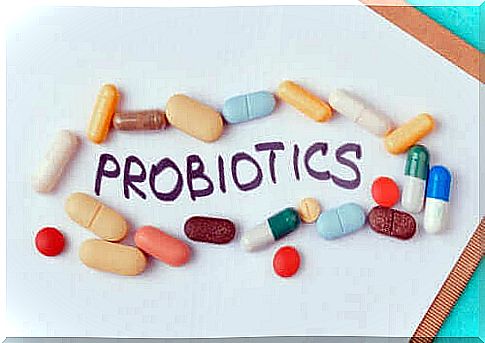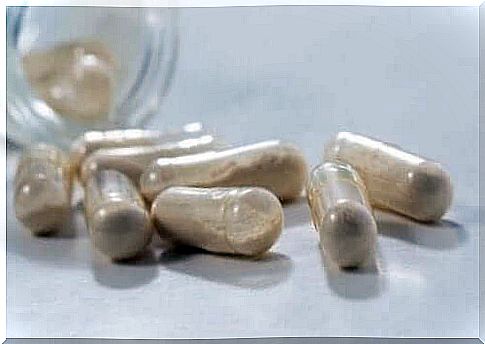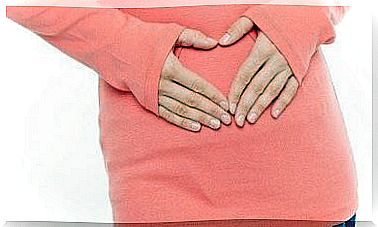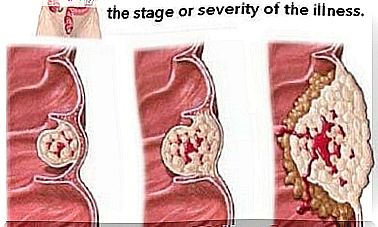Probiotics: When Should You Take It?

Probiotics are living microorganisms that have several health benefits when given in sufficient quantities. In general, everyone can take these supplements, but certain population groups benefit most from them.
Read this article to find out more!
Everything you need to know about probiotics
As we mentioned above, probiotics are bacteria that provide health benefits. You can find them in various foods, such as:
- Yogurt
- Kefir
- Sour milk products
- Sauerkraut
- Pickles
- Kombucha te
- Tempe
- Dietary supplements
Although you can find them in some foods because of the way they are made, these bacteria may not always reach the colon by surviving the long journey through the intestines, as some studies indicate.
In fact, we would have to take probiotics through foods very often and in fairly large amounts in order for them to be useful. Probiotics as supplements that are properly encapsulated can survive in the digestive system and provide additional benefits.
When to take probiotics?

At present, experts recognize that probiotics not only work by improving a person’s functional status and symptoms if one has an illness, but they can also help individuals stay healthy and avoid illnesses.
However, some populations benefit twice as much. For example, individuals who have just been on treatment with antibiotics can really benefit from these supplements. Antibiotics kill both bad and good pathogens (microbiota, vaginal flora and other mucous membranes, etc.) and probiotics help replace the good ones of them.
Therefore, after taking antibiotics, it is a good idea to take probiotics for at least a month.
In addition, the greatest evidence for the efficacy of probiotics has been described for the treatment of acute infectious diarrhea, particularly in children. However, other groups may also benefit, such as people with dysbiosis. This usually happens in people who suffer from:
- Overweight
- Type 1 and 2 diabetes
- Metabolic syndrome
- Systemic lupus erythematosus (SLE)
- Rheumatoid arthritis
- Bacterial overgrowth syndrome
- Inflammatory bowel syndrome
- Irritable bowel syndrome
- Celiac disease
These supplements also benefit the elderly. This is because as we age, there is a reduction in microbial diversity, which reduces the presence of beneficial microorganisms. Experts are also studying their use in other diseases such as asthma, atopic dermatitis, neurological diseases, depression, anxiety, cancer and oral health.
As we mentioned above, the intake of these supplements is considered safe for most people. However, they can trigger infections in immunocompromised individuals. These individuals should not take these supplements without a prescription.
The best supplements with probiotics

To ensure that the strains of probiotics taken orally have its beneficial effects, they must be able to withstand the environmental conditions of the digestive tract and the micro-killing effects of saliva, stomach acid, bile and secretions from the pancreas, among others.
We should also note that the composition of different secretions, how quickly the stomach empties and bowel movement can vary depending on the person’s age and health condition.
It is also important to choose the strain of microorganisms depending on one’s health condition, because the greater the variety of different strains, the better. Probiotics that contain many different strains are therefore better.
How to take them
Never take probiotics with highly acidic foods (citrus fruits, tomatoes or vinegar, among others) or with hot drinks (tea, coffee or soup, among others), because they inhibit their mechanism of action.
The best way to take them is on an empty stomach with warm water. In this way, both the pH of the stomach and its low level of hydrochloric acid are factors that promote the survival of the bacterium. For the same reason, it is advisable to wait 10 to 15 minutes before eating anything. If taking antibiotics, the supplement should be taken at least three hours later.
Lastly, if you want to take probiotics, you are taking antibiotics or you have a disease that you can improve by taking it, then you should talk to a professional to find out which dietary supplement is best for you.









